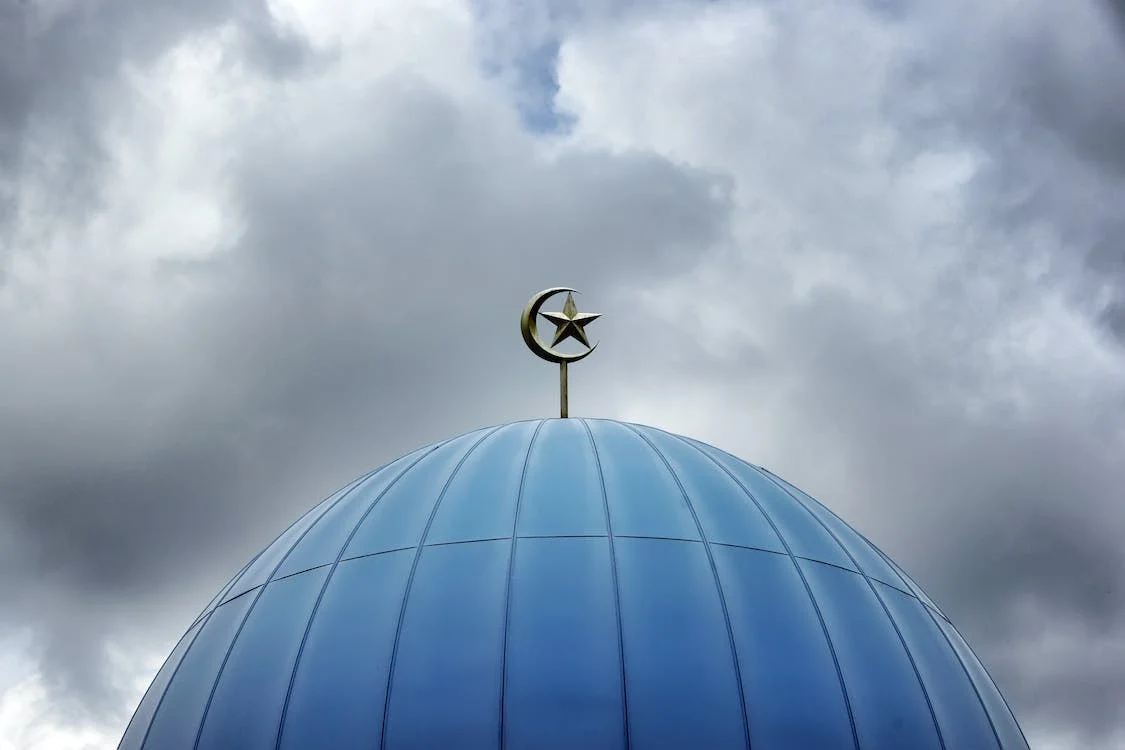As with other Muslim communities around the globe, Israeli Muslims celebrate their own religious holidays. But since Israel is a predominantly Jewish country, Muslim holidays are not national holidays. As these holidays are not officially part of the Israeli calendar, observant Muslims can take personal days off work and Muslim-owned establishments can choose to close or close early.
To best experience Muslim holidays, head for the cities and towns, East Jerusalem and predominantly Arab villages where there is a large Muslim population. The Muslim Quarter in the Old City of Jerusalem and the Temple Mount are the focus of Muslim holiday festivities.
Friday is the Muslims’ weekly holy day. Muslim holidays begin at sundown on the day that precedes the holidays themselves. The Muslims follow the lunar calendar so the dates of the holidays may vary.
Mawlid al-Nabi
The birthday of the prophet Muhammad traditionally falls on the 12th Rabi’al-awwal in the Islamic calendar. It is celebrated with family gatherings and special prayers. In Jerusalem, the faithful would flock to the Old City at the Al-Aqsa Mosque and shop for sweets as presents for the children.
Laylat al-Miraj
This holiday commemorates Muhammad’s Night Journey to Heaven from the Dome of Rock as told by the Quran. Muslim families visit the Temple Mount and the Dome of the Rock, as well as mosques to hear special prayers. The story of Muhammad’s night journey is told to the children. The prayers are often followed by a feast.
Ramadan
Ramadan is the ninth month of the Islamic calendar, observed by Muslims in Israel and elsewhere as a month of fasting, prayer, reflection and community. Here in Israel, during Ramadan, the visiting times at Muslim sites are often shorter. In Jerusalem, the beginning of Ramadan and every sundown during this month is signaled by canons being fired from the Eastern Jerusalem Armory. The gates of the Old City are decorated with festive lights. Ramadan is also a great time to visit certain Arab villages in the evening after sundown. In Umm al-Fahm in the Haifa district, the streets come alive with people strolling through the streets and buying and eating delicacies from the bakeries that sell traditional baked goods, sweets and desserts.
Eid-al-Fitr
Known in English as “Breaking the Fast,” Eid-al-Fitr is a three-day celebration that marks the end of Ramadan. Muslims celebrate this holiday by dressing in their best clothes, engaging in prayer, celebrating and having festive meals. The Muslim Quarter in the Jerusalem’s Old City and East Jerusalem are some of the best places to celebrate Eid-al-Fitr, although the main sites will be crowded with worshippers and some businesses may be closed throughout the day or close earlier than usual. Israeli Muslims often decorate their homes with lights, and families gather together to prepare traditional foods and enjoy this festive holiday. Many families also go to the beaches during Eid-al-Fitr.
Eid-al-Adha
Eid-al-Adha commemorates the willingness of Ibrahim (Abraham) to sacrifice his son Ismael (Isaac) to God as an act of obeyance to God’s command. It also marks the end of the annual Hajj to Mecca. Traditional activities during this holiday include eating mutton, nuts and dates. Where possible, a lamb is also slaughtered as part of the festivities and feast.
Al-Hijira
Al-Hijira is the Islamic New Year or Arabic New Year. It also commemorates the move by Muhammad and his followers to Medina during the 7th century BC. Muslims do not celebrate the new year with loud parties and fireworks as in the Christian culture. Instead, they devote this holiday to reciting verses from the Quran, conduct special prayers and sermons at mosques and public halls, and spend time with their families. Like in new year celebrations of other cultures, the emphasis of the Islamic New Year is on reflection, remembrance and gratitude.
